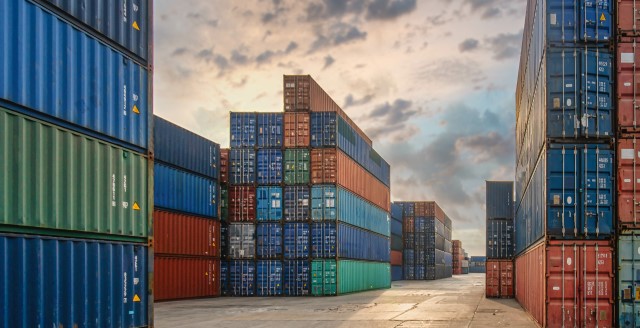For the Eurozone, we assume minimal growth of only +0.8% in 2025. Johan Geeroms, our Director of Risk Underwriting Benelux: "Lower exports to the U.S. hit especially hard for Germany, France and Italy. Germany is expected to lose $9 billion in export earnings. For France and Italy, the export losses are $7 billion and $9 billion, respectively.
Johan Geeroms is most concerned about smaller companies. "Large companies are strong enough to temporarily absorb higher purchase prices and demand outages. The buffers of many smaller companies are vulnerable. They also cannot simply pass on price increases. Especially for companies that are already struggling with minimal margins, I foresee tough times."
Another thing that will not help European industry, according to Johan Geeroms, is the avalanche of Chinese goods being dumped on the European market. "China is the main target for Trump. Container transport from China to the U.S. is already virtually at a standstill. Containers are piling up at Chinese ports. There is a good chance that surplus products will end up in Europe at minimal prices. That has major implications for European industry."
According to Johan Geeroms, companies worldwide will try to protect themselves with short-term measures such as stockpiling, shifting supply chains and price adjustments. "Many companies won't make it through that. Globally, bankruptcies will increase +7% this year, we expect. Especially in the US, many companies are going under: +16%. In Europe, we assume +5% more bankruptcies."

